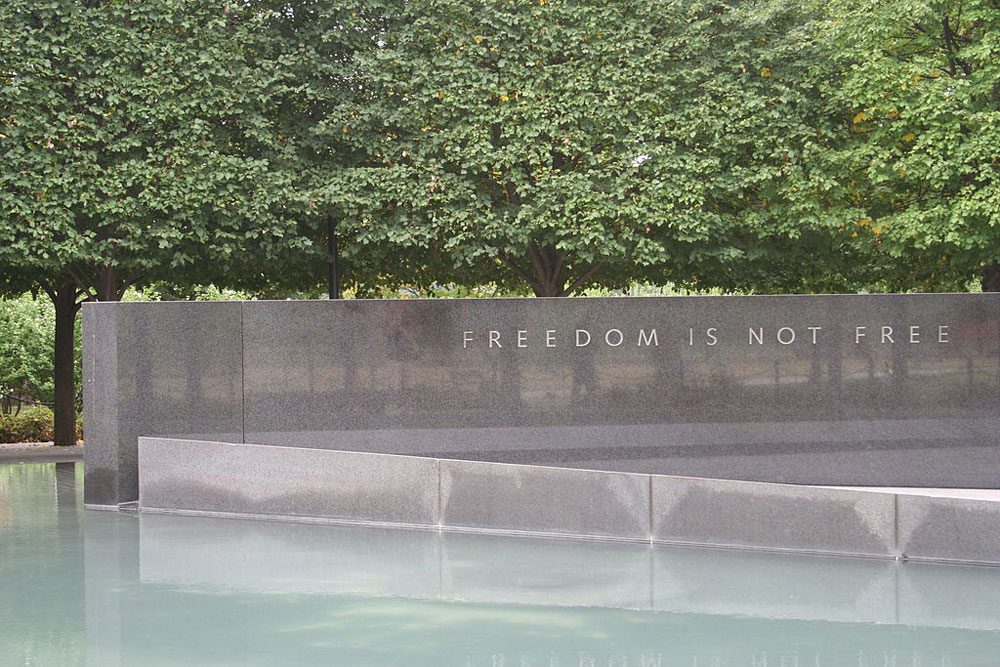
November 22, 2019; Reason
Earlier this year, the West Virginia Division of Corrections and Rehabilitation (DCR) contracted with Global Tel Link (GTL) to provide multimedia tablets for use by prisoners in 10 West Virginia prisons. These tablets, among other features, allow inmates to access 60,000 public domain eBooks made available by the nonprofit Project Guttenberg Literary Archive Foundation, as well as send emails to family and friends and do a form of video conferencing.
There is just one catch: using the devices is not free. Reading an eBook or sending an email costs five cents per minute—currently discounted for the first several months of the program to three cents. Having a video get-together with family costs 25 cents each minute. While these costs sound nominal, they are not when the average West Virginia inmate earns just 30 cents an hour. That average prisoner, wanting to relax with a copy of Moby Dick, would have to work for more than 46 hours to pay for the privilege of enjoying a free book.
Katy Ryan, founder and educational coordinator for the Appalachian Prison Book Project, puts this program in perspective; she told Reason that “the fee structure is blatantly exploitative.”
“This is about generating revenue for the state and profit for the industry,” Ryan says. “Tablets under non-predatory terms could be a very good thing inside prisons. GTL does not provide that.”
David Fathi, director of the National Prison Project of the American Civil Liberties Union (ACLU), sees this as part of a larger effort to further victimize inmates. In comments reported by The Root, he described two related interconnected trends: censorship of written material and efforts to “monetize the most basic forms of human contact and to profit from prisoners and their families.”
Sign up for our free newsletters
Subscribe to NPQ's newsletters to have our top stories delivered directly to your inbox.
By signing up, you agree to our privacy policy and terms of use, and to receive messages from NPQ and our partners.
“In the last year,” Fathi said, “one Georgia jail, a sheriff imposed a ban on all reading materials except religious texts like the Bible and the Quran…Washington State also, at one point, forbade outsiders from sending free books to people locked in its prisons—a policy they were forced to rescind after a backlash.” As for the second, “private companies [have been] charging ‘outrageous rates’ for phone calls and video calls. Arizona even began charging inmates and their families a one-time fee for in-person visits.”
West Virginia’s DCR claims their program is not exploitative; their share of the fees collected will be used to pay for cable TV access and to underwrite family events. Having greater access to family and friends will improve conditions for inmates, they say, and the threat of losing the privilege of a using a tablet will encourage inmates to follow the prison’s rules and create a more positive environment.
Fathi could not disagree more strongly. From his perspective, making access to the outside world conditional is “the most counterproductive thing you could possibly do from a public safety and crime prevention perspective.”
When we cut off prisoners from the outside world, we not only hurt them, we hurt ourselves as a society because we are knowingly decreasing their chances of successful reentry, and of living productive and law-abiding lives after they get out….
When you pair that profit motive with a disempowered, impoverished and literally captive group of people, that is a recipe for exploitation and abuse.
When government turns public service elements over to for-profit organizations, mission too often loses out to the allure of profitability. Greg Newby, CEO of the Project Gutenberg Literary Archive Foundation, the work of which is manipulated when free books are turned into revenue streams, summed up what is wrong in West Virginia’s partnership with GTL when he told Reason, “It’s all very sad.”—Martin Levine













